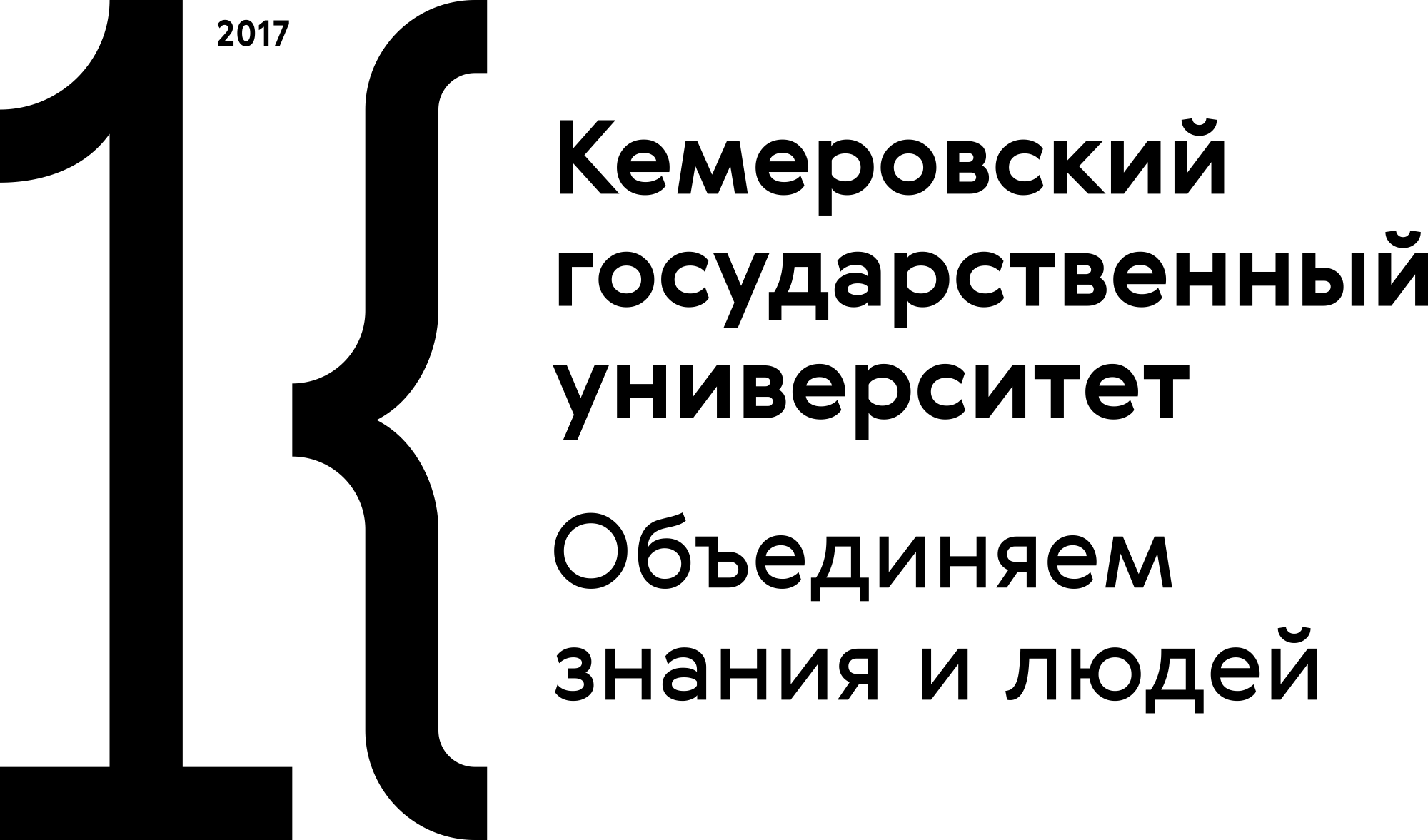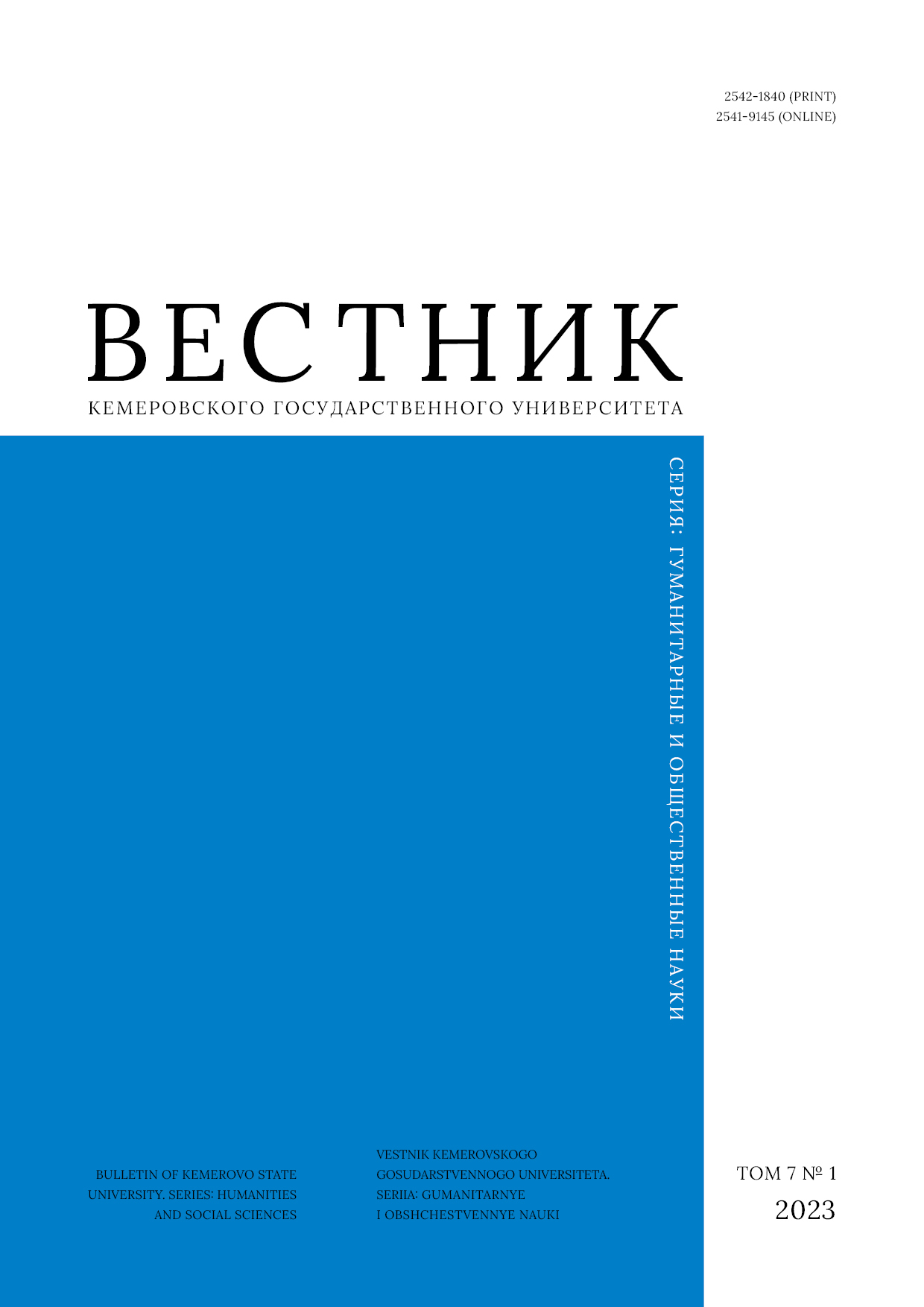Samara, Russian Federation
The article deals with the assistive technologies that can be used by visually-impaired students to master Business English. The research aimed at developing a special academic course that would allow visually-challenged students to interact with their groupmates during distance learning. The author developed an audio book called Business English: Audio Materials for Visually-Impaired Students and based the new course on the existing assistive technologies. The book includes audio materials, e.g., lectures, examples of business communication, exercises with answer keys, extra tasks with answer keys, a final test, and an audio dictionary of business vocabulary. The course can be taught as tutorials or independently. The teaching and presenting methods proved effective and satisfy the requirements for educational courses for the blind and visually impaired people. The article shows the way the theory and practice presented in the audio format can facilitate the process of learning business vocabulary by listening.
study materials, inclusive education, higher education, health limitations, adaptive learning, distance learning, digital technologies, audio format
1. Malakhov S. V., Syrkin L. D. Methodological approach to the classification of assistive technology to be implemented in order to enhange the quality of life of visually impaired with a deep. Bulletin of Rehabilitation Medicine, 2015, (2): 65-68. (In Russ.) EDN: https://elibrary.ru/UFZMZR
2. Bakshutova E. V. Inclusion as the aim and value of the university. Inclusion for everyone 2020: social inclusion in modern social and cultural space: Proc. Intern. Modular Sci.-Prac. Conf., Samara, 23 Mar - 13 May 2020. Samara: Samara University, 2020, 41-43. (In Russ.) EDN: https://elibrary.ru/XOJMTJ
3. Melikhov Yu. V., Tuguleva G. V. New digital solutions in inclusive educational environment for people with visual impairment. Gumanitarno-pedagogicheskie issledovaniya, 2022, 6(1): 12-18. (In Russ.) https://doi.org/10.18503/2658-3186-2022-6-1-12-18
4. Gradaleva E. A., Houston M. Strategies of planning online scientific projects for blind and visually impaired students. Vestnik of Samara State Technical University. Series Psychological and Pedagogical Sciences, 2021, 18(4): 35-44. (In Russ.) https://doi.org/10.17673//vsgtu-pps.2021.4.3
5. Gradaleva E.A. Business English: audio materials for visually-impaired students. Samara: SSTU, 2021, 134. (In Russ.)
6. Alekhina S. V. Golden ratio: psychological canvas of inclusion. Inclusive education, comp. Bityanova M. R. Moscow: Klas. ruk-vo i vospitanie shkolnikov, 2015, 11-17. (In Russ.) EDN: https://elibrary.ru/VPJPTZ
7. Pekpaeva M. A. Information society: modern realities and development problems. Voprosy politologii, 2020, 10(11): 3364-3374. (In Russ.) https://doi.org/10.35775/PSI.2020.63.11.035
8. Battistin T., Mercuriali E., Zanardo V., Gregori D., Lorenzoni G., Nasato L., Reffo M. E. Distance support and online intervention to blind and visually impaired children during the pandemic COVID-19. Research in Developmental Disabilities, 2021, 108. https://doi.org/10.1016/j.ridd.2020.103816
9. Asrorov I. F. o`g`li. Problems and solutions of teaching classes with blind students. Proceedings of 8th International Multidisciplinary Scientific Conference on Innovative Technology, Manchester, 25 May 2021. 2021, vol. 26, iss. 1, 13-15.
10. Aismontas B. B., Panyukova S. V., Saitgalieva G. G. Academic support of students with disabilities in university. Psikhologicheskaya nauka i obrazovanie, 2017, 22(1): 60-70. (In Russ.) https://doi.org/10.17759/pse.2017220108
11. Rogaleva E. V., Solovieva D. S. Innovative technologies in inclusive education. Social processes in modern Russian society: problems and prospects: Proc. 6th All-Russian Sci. Conf. with the Intern. Participation, Irkutsk, 22 Apr 2022. Irkutsk: ISU, 2022, 253-258. (In Russ.) https://doi.org/10.26516/978-5-9624-2032-5.2022.1-490
12. Fansury A. H., Lutfin N., Arsyad S. N. Audio books as teaching media to blind students in learning EFL. Klasikal: Journal of Education, Language Teaching and Science, 2019, 1(1): 1-9. https://doi.org/10.52208/klasikal.v1i1.4
13. Fayziyeva M. Ch. Creating materials on the basis of an integrated approach to English language teaching for blind teenagers. Spanish Journal of Innovation and Integrity, 2022, 7: 296-301.
14. Khan A., Khusro S. An insight into smartphone-based assistive solutions for visually impaired and blind people: issues, challenges and opportunities. Universal Access in the Information Society, 2021, 20(2): 265-298. https://doi.org/10.1007/s10209-020-00733-8
15. Batanero C., De-Marcos L., Holvikivi J., Hilera J. R., Otón S. Effects of new supportive technologies for blind and deaf engineering students in online learning. IEEE Transactions on Education, 2019, 62(4): 270-277. https://doi.org/10.1109/TE.2019.2899545
16. Luna A. Da Silva, Jatoba P. I. B., Viana T., Pacheco F. Implementing an Android tool for visually impaired students of e-learning. International Journal of Engineering Research and Applications, 2016, 6(4): 95-99.
17. Samigulina G. A., Shayakhmetova A. S. Smart-system of distance learning of visually impaired people based on approaches of artificial intelligence. Open Engineering, 2016, 6(1): 359-366. https://doi.org/10.1515/eng-2016-0051
18. Abduvokhidova Sh. A. Teaching English as a second language to visually impaired or blind students. Journal of Pedagogical Inventions and Practices, 2021, 2(2): 57-59.
19. Bogdanova T. M. Structural organization of intellectual activity of the hearing-impaired at different stages of cognitive development. Dr. Psychol. Sci. Diss. Abstr. St. Petersburg, 2010, 42. (In Russ.) EDN: https://elibrary.ru/QGWDJN
20. Solomina E. N., Shevyreva T. V. Provision of high quality higher education for students with disabilities. Special Education, 2019, (4): 114-129. (In Russ.) https://doi.org/10.26170/sp19-04-10
21. Popova T. M. Information technology in the training of persons with visual impairment. Kazan Pedagogical Journal, 2020, (2): 205-210. (In Russ.) https://doi.org/10.34772/KPJ.2020.139.2.028
22. Abkadyrova I. R., Shevtsova M. A. On the experience of developing educational and methodological material on the Spanish language for students with visual impairment. Nauka i shkola, 2020, (3): 68-73. (In Russ.) https://doi.org/10.31862/1819-463X-2020-3-68-73
23. Interactive computer programs and assistive information technologies in correctional work, comp. Semenova T. N. Cheboksary: CSPU, 2021, 195. (In Russ.) EDN: https://elibrary.ru/PGBAOL
24. Rostomashvili I. E. The school of theatrical audio describer. St. Petersburg: KARO, 2022, 42. (In Russ.) EDN: https://elibrary.ru/QKWWJE
25. Gradaleva E. A. Business English for civil engineers. Samara: SGASU, 2015, 220. (In Russ.) EDN: https://elibrary.ru/UWSWUH
26. Lintangsari A. P., Emaliana I. Inclusive education services for the blind: values, roles, and challenges of university EFL teachers. International Journal of Evaluation and Research in Education (IJERE), 2020, 9(2): 439-447. http://doi.org/10.11591/ijere.v9i2.20436


















